Life Sciences, often referred to as biology, is a diverse and fascinating field of study that focuses on understanding living organisms and the fundamental processes that govern life. It encompasses a wide range of disciplines, each contributing to our knowledge of the natural world. Life Sciences explore everything from the tiniest microorganisms to the complex ecosystems that shape our planet. In this article, we will delve into the world of Life Sciences, exploring its various branches and the critical role they play in our understanding of life on Earth.
What does Life Science do?
Life Science is a multifaceted field that seeks to answer some of the most profound questions about life itself. Its primary objectives include:
- Understanding Life: Life Sciences strive to comprehend the nature of life, including its origins, evolution, and the mechanisms that drive living organisms.
- Promoting Health: Many aspects of Life Sciences are dedicated to improving human health and well-being. This includes studying diseases, developing new medicines, and advancing medical technologies.
- Preserving Biodiversity: Life Sciences play a pivotal role in the conservation of Earth's biodiversity by studying ecosystems, endangered species, and the impact of human activities on the environment.
- Advancing Agriculture: Botany and genetics are vital for enhancing crop yields and developing pest-resistant plants, contributing to food security.
- Informing Policy: Life Sciences provide the scientific basis for environmental policies, public health measures, and conservation efforts, helping society make informed decisions.
Now, let's explore some of the key branches within Life Sciences.
Ecology
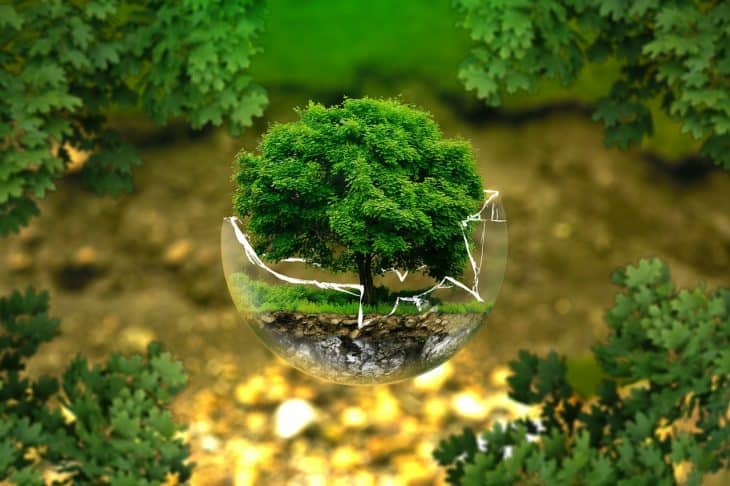
Ecology is the study of the relationships between organisms and their environments. Ecologists examine how living organisms interact with each other and with their surroundings, from individual species to entire ecosystems. This branch of Life Sciences is crucial for understanding environmental issues like climate change, habitat loss, and biodiversity conservation.
Botany

Botany is the study of plants, encompassing their structure, growth, reproduction, and ecological roles. Botanists explore the diverse world of plant life, from the tiniest algae to towering trees. Their research contributes to agriculture, forestry, and our understanding of the natural world.
Zoology
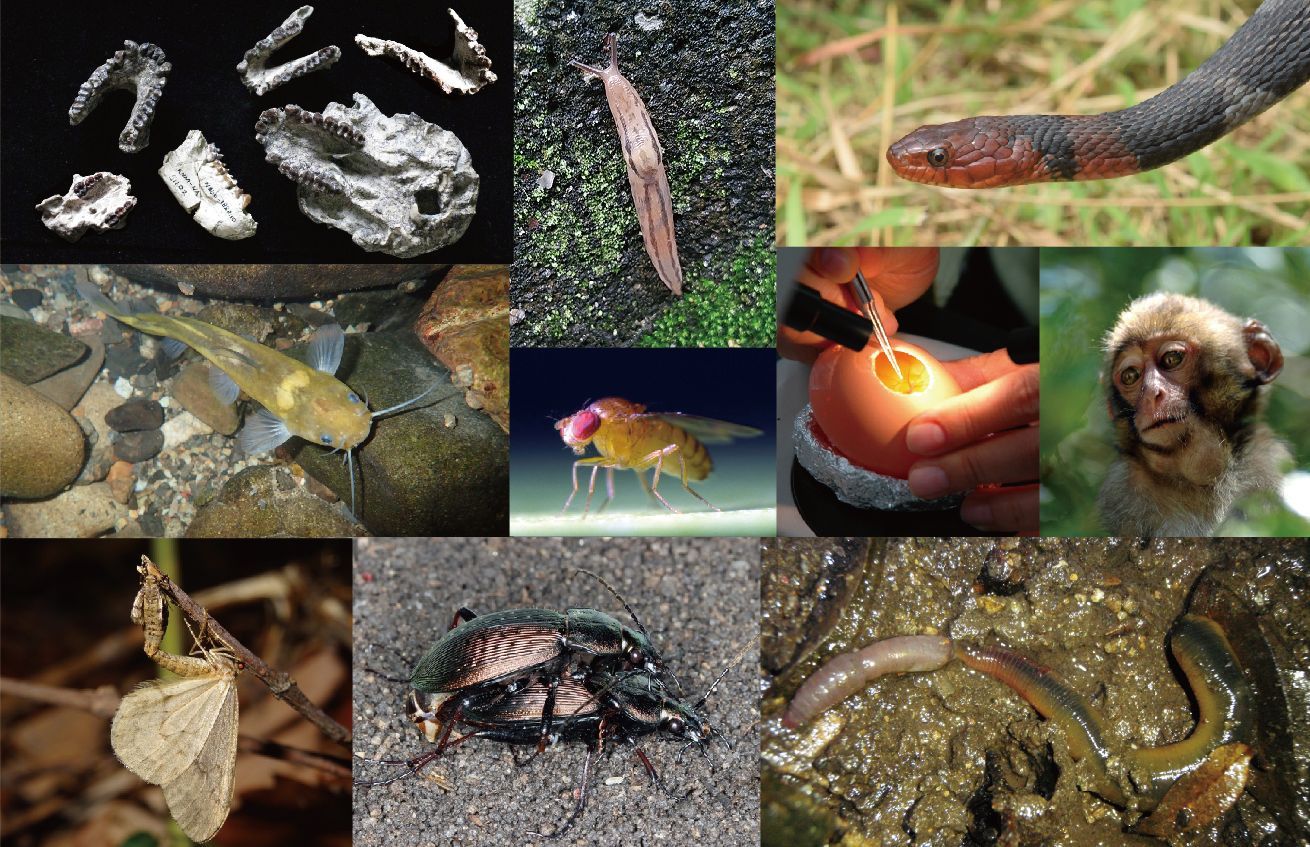
Zoology focuses on the study of animals, ranging from microscopic organisms to large mammals. Zoologists investigate animal behavior, physiology, evolution, and conservation. This field helps us understand the incredible diversity of life forms on our planet.
Entomology
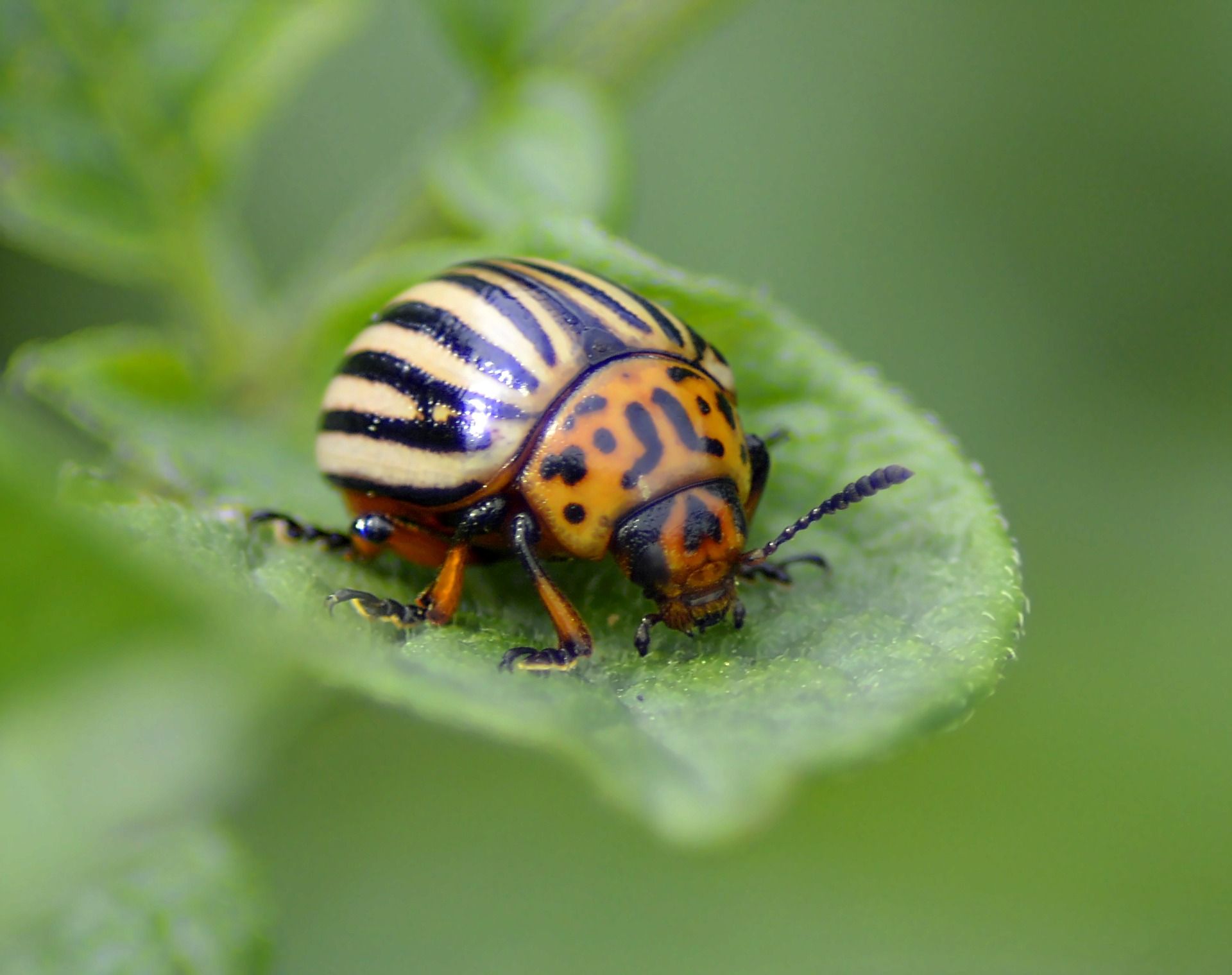
Entomology is a specialized branch of Zoology that specifically studies insects. With over a million known species, insects are the most diverse group of animals on Earth. Entomologists delve into their biology, behavior, and ecological roles, with implications for pest control and ecosystem health.
Microbiology

Microbiology delves into the microscopic world of bacteria, viruses, fungi, and other microorganisms. Microbiologists play a critical role in medicine, industry, and environmental science. They study the interactions of microorganisms with humans, animals, and the environment.
Cell Biology
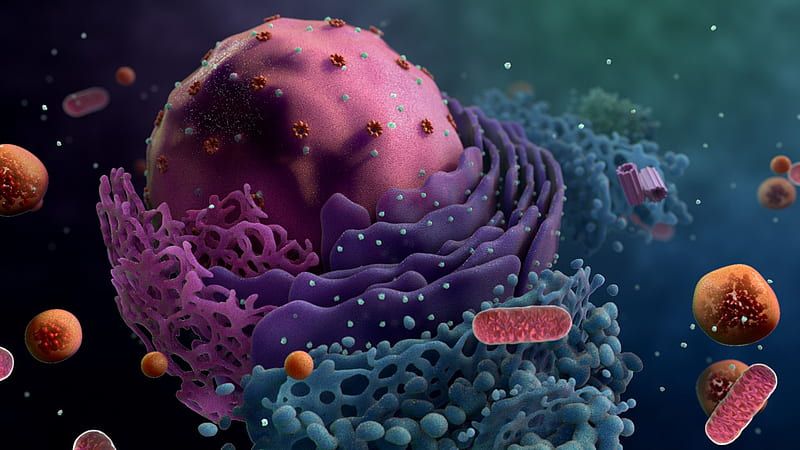
Cell Biology focuses on the smallest unit of life: the cell. Cell biologists investigate the structure and function of cells, including processes like cell division, metabolism, and communication. Their research is foundational for understanding diseases and developing therapies.
Physiology

Physiology explores the functions of living organisms and how they adapt to their environments. Physiologists investigate processes like respiration, circulation, and digestion in various organisms, from humans to animals and plants.
Genetics

Genetics is the study of heredity and the transmission of traits from one generation to the next. It underpins our understanding of DNA, genes, and genetic variations. Geneticists have made groundbreaking discoveries in fields like medicine, agriculture, and forensics.
Epidemiology

Epidemiology is the study of the patterns, causes, and effects of diseases in populations. Epidemiologists investigate outbreaks, disease transmission, and risk factors. Their work is crucial for public health and disease control.
Paleontology

Paleontology is the study of ancient life through the examination of fossils. Paleontologists reconstruct Earth's history by studying the remains of extinct organisms, shedding light on evolution and the history of life on our planet.
Marine Biology
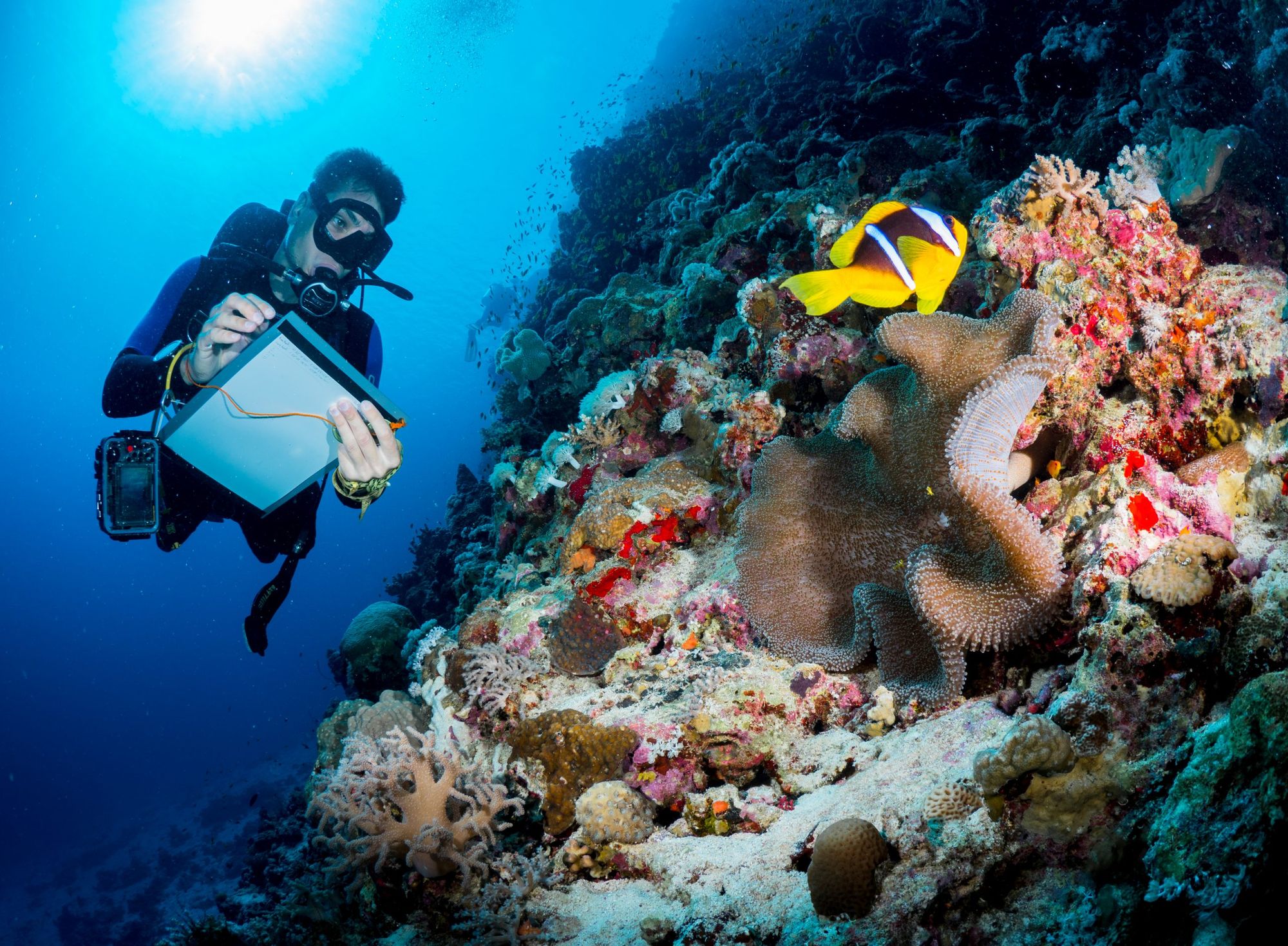
Marine Biology focuses on life in the world's oceans and other aquatic environments. Marine biologists study a wide range of organisms, from tiny plankton to massive whales, and help us understand the importance of marine ecosystems and their conservation.
Additional Branches
In addition to the major branches mentioned above, Life Sciences encompass numerous specialized fields, including:
- Immunology: The study of the immune system and its role in defending the body against diseases.
- Neuroscience: The exploration of the nervous system and the mechanisms underlying brain function.
- Pharmacology: Investigating the effects of drugs on living organisms and developing new medications.
- Environmental Science: Analyzing the impact of human activities on the environment and finding sustainable solutions.
- Bioinformatics: Combining biology and computer science to analyze and interpret biological data.
Why Go Into Life Science
Embarking on a career in Life Sciences offers a multitude of compelling reasons:
- Exploration of the Unknown: Life Scientists are modern-day explorers, venturing into uncharted territories to unravel the mysteries of life. If you have an innate curiosity and a passion for discovery, this field offers endless opportunities to satisfy your intellectual thirst.
- Impact on Society: The work of Life Scientists directly impacts society by improving healthcare, preserving ecosystems, and addressing global challenges such as climate change and disease outbreaks. You can make a meaningful difference in the world.
- Diverse Career Options: Life Sciences open the door to a wide range of career paths. Whether you aspire to be a research scientist, healthcare professional, environmental consultant, science communicator, or educator, there is a place for you in this field.
- Constant Innovation: Life Sciences are at the forefront of innovation. Advances in biotechnology, genomics, and other cutting-edge technologies continue to revolutionize the field, offering exciting opportunities for those who want to be on the leading edge of scientific progress.
- Interdisciplinary Collaboration: Life Sciences often involve collaboration with professionals from various fields, including chemistry, physics, computer science, and engineering. This interdisciplinary approach fosters creative problem-solving and a broader perspective on complex issues.
- Global Relevance: Life Sciences have global relevance. The challenges we face, such as disease pandemics and environmental crises, require a global perspective and collaborative solutions. Life Scientists work on issues that transcend borders and impact the entire planet.
- Personal Fulfillment: For many, a career in Life Sciences is personally fulfilling. Contributing to the advancement of knowledge, improving human health, or protecting the environment can be deeply rewarding and provide a sense of purpose.
- Job Security: The demand for skilled professionals in Life Sciences remains strong, with opportunities in academia, industry, government, and non-profit organizations. As society continues to face health and environmental challenges, the need for experts in these fields persists.
- Educational Opportunities: Pursuing a career in Life Sciences offers a lifelong journey of learning. You can continually expand your knowledge and expertise through formal education, conferences, workshops, and hands-on research.
- Inspiration for Future Generations: By engaging in Life Sciences, you can inspire the next generation of scientists and researchers. Your passion and discoveries may motivate others to pursue careers in science and contribute to the betterment of society.
In conclusion, Life Sciences are a captivating and dynamic field that delves into the essence of life and its myriad complexities. Whether you're intrigued by the inner workings of cells, the diversity of ecosystems, or the genetics of diseases, there's a branch of Life Sciences that aligns with your interests. Choosing a career in Life Sciences not only offers personal and intellectual fulfillment but also the opportunity to make a lasting impact on our world. So, if you're curious, dedicated, and passionate about exploring the wonders of life, consider venturing into the realm of Life Sciences – a journey that promises continuous discovery and the chance to leave a lasting legacy.

Here are some frequently asked questions (FAQs) Related to Life Sciences:
What are Life Sciences?
Life Sciences, also known as biology, are a broad field of study that focuses on understanding living organisms and the processes that govern life. It encompasses various branches such as ecology, botany, zoology, and genetics.
Why are Life Sciences important?
Life Sciences are crucial for several reasons. They help us understand the natural world, improve human health, preserve biodiversity, advance agriculture, inform environmental policies, and address global challenges like climate change and disease outbreaks.
What is the difference between ecology and environmental science?
Ecology is a subfield of Life Sciences that focuses on the interactions between organisms and their environments. Environmental science is a broader interdisciplinary field that studies the impact of human activities on the environment and seeks sustainable solutions.
How do Life Sciences contribute to healthcare?
Life Sciences play a vital role in healthcare by studying diseases, developing new medicines, understanding genetics, and advancing medical technologies. This research leads to improved diagnostics, treatments, and overall health outcomes.
What career options are available in Life Sciences?
Careers in Life Sciences are diverse and include roles such as research scientist, healthcare professional, environmental consultant, science communicator, educator, and more. The field offers opportunities in academia, industry, government, and non-profit organizations.




